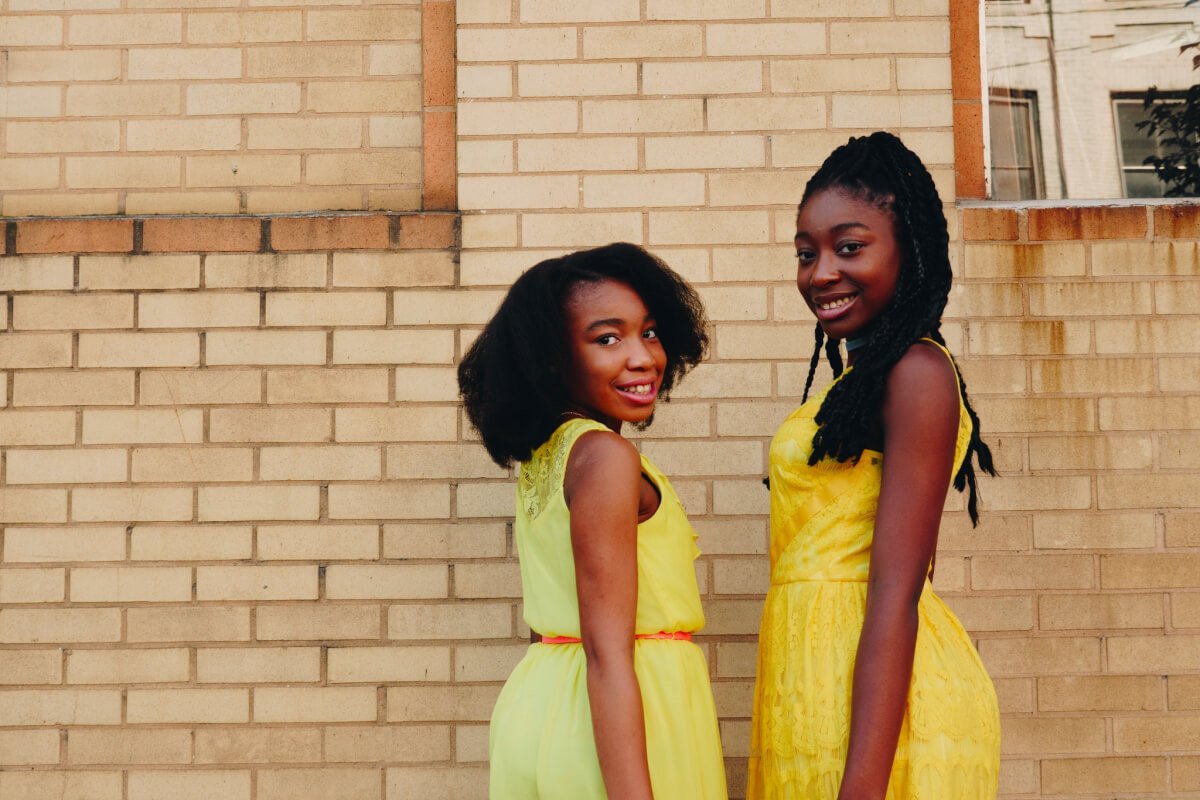
We’ve all seen “femvertising” first-hand. It’s when marketers sprinkle a feminist narrative into their client’s advertising to flavor what they’re hoping you’ll consume. It’s selling #empowerment to women and minorities as individuals when they long for systemic, political change.
A great example is the Dove “Real Beauty” campaign. Starting in 2004, this campaign was designed to inspire confidence in women of all shapes, sizes, and colors…and to sell a lot of soap. And they aren’t alone! Big brands like H&M, Secret, Nike, and more are seizing the opportunity for niche marketing through feminism and are creating their own campaigns.
On the surface, increased exposure to the feminist movement through media is exciting. We’re seeing more equal representation in the media than ever before. But here’s the question we marketers need to ask ourselves: does feminism benefit from themed marketing campaigns or are we capitalizing on feminism?
Niche marketing is highly profitable but generally isn’t successful if the brand isn’t a genuine part of the niche. There is a difference between telling a feminist story and appropriating feminist ideals for capital gain. (Fun fact: many feminists openly reject the structure of a capitalist society, but that’s a whole other blog for another time.)
When I first saw this commercial for H&M, I loved every second of it. I was ready to share it on my social feeds and caption it #GirlPower. But then it hit me, I was their exact target audience, and H&M was not the feminist company I was waiting for. Merriam Webster defines feminism as “the theory of the political, economic, and social equality of the sexes.” So, here’s the problem: fast fashion companies like H&M employ economically vulnerable women, and children overseas to work for little money in unsafe factories to create their clothing. The collapse of H&M’s Bangladesh factory in 2013 is considered the deadliest structural failure of modern history with a death toll of over 1,100 people. That doesn’t sound very feminist in my book.
Going back to Dove, their “Real Beauty” campaign means nothing when you remember their parent company (Unilever) also makes the sexist Axe ads. Yeah, feel like you got punched in the gut? Me too. Using current trends in marketing campaigns is smart, but it’s also risky for this exact reason.
As a marketer myself, I know we take pride in promoting wholesome ideas, and we generally hope to make a difference. However, we need to consider whether the story we’re telling is genuinely aligned with that of our client and not just what’s #trending. If your message isn’t genuine, it simply won’t work.
© 2024 O’Keeffe. All Rights Reserved. | Sitemap